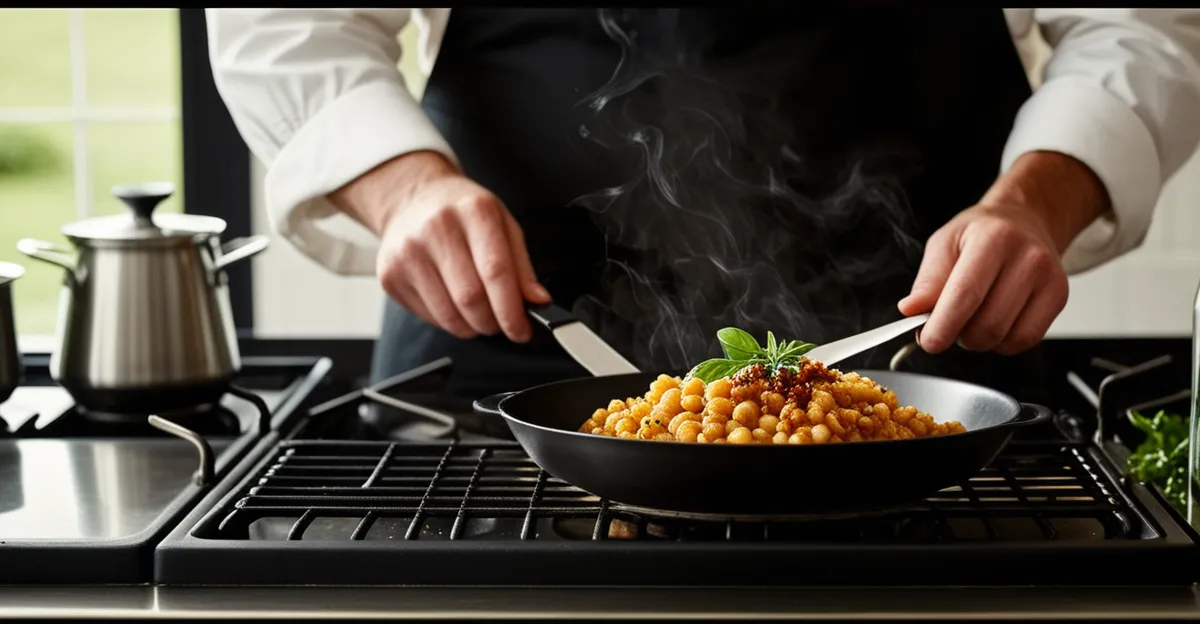Foundations of Traditional UK Cooking
Traditional British cooking is deeply rooted in core ingredients such as potatoes, root vegetables, mutton, and freshwater fish. These elements form the backbone of many iconic dishes, from hearty stews to roasted meats. Staple dishes like shepherd’s pie, beef Wellington, and fish and chips showcase historical UK cuisine’s emphasis on simplicity and nourishment.
Historical British kitchens primarily relied on slow cooking techniques such as roasting over open fires, boiling, and baking in brick ovens. These methods allowed cooks to maximize flavors and tenderness using basic tools and local produce. The use of preserved ingredients like pickled vegetables and salted meats was also commonplace, reflecting the need for year-round sustenance.
This might interest you : What are the traditional accompaniments for a Sunday roast?
Regional variations add fascinating layers to traditional British cooking. For example, Cornish pasties from the southwest feature a unique pastry crust designed for miners, while Scottish cuisine highlights game and oats. These regional dishes reflect local resources and customs, each a testament to the diversity embedded within UK culinary heritage. This variety illustrates how classic ingredients adapt across landscapes, reinforcing the vibrant mosaic of historical UK cuisine.
Influence of Traditional Methods on Contemporary Practices
Traditional heritage cooking methods continue to shape modern British cuisine, highlighting the enduring value of time-tested techniques. Slow cooking, roasting, and baking, fundamental to historical UK cuisine, persist in today’s kitchens due to their ability to develop deep, rich flavours and tender textures. This is evident in continued popularity of dishes like slow-roasted meats and baked pies, where classic methods are adapted rather than replaced.
Also read : How can you achieve the perfect texture in a spotted dick?
Culinary evolution in Britain recognizes that cooking techniques from the past offer reliable frameworks for flavour and presentation. Contemporary chefs often embrace these techniques to maintain authenticity while introducing innovation. For instance, roasting remains central in many recipes, but with new seasoning blends or presentation styles reflecting modern tastes.
Additionally, culinary training programmes actively incorporate lessons from traditional British cooking, emphasizing the importance of mastering foundational methods. This revival helps preserve cultural heritage and equips chefs to innovate confidently. By grounding modern experimentation in the solid base of historical UK cuisine, British culinary practice achieves a balanced fusion of past and present. Thus, traditional cooking methods are not merely nostalgic but practical pillars in contemporary British kitchens.




